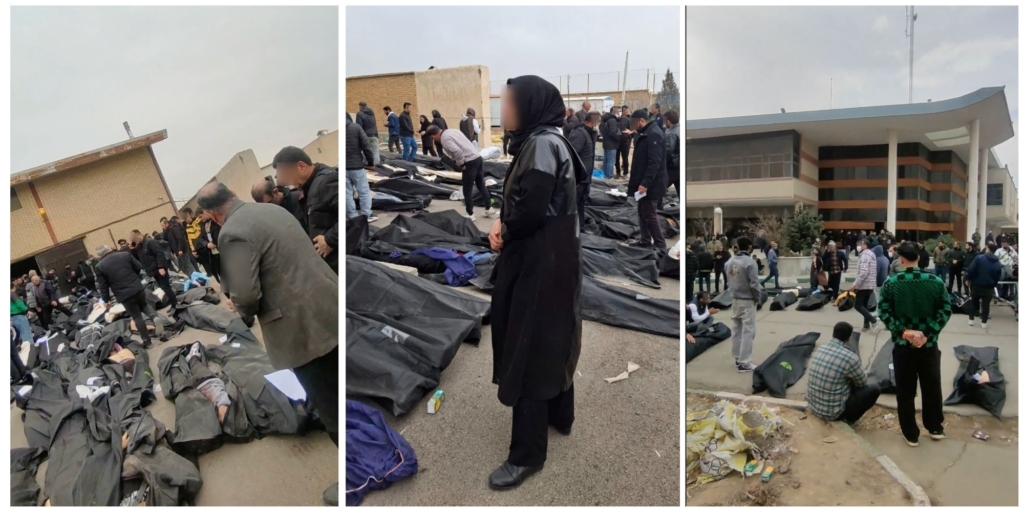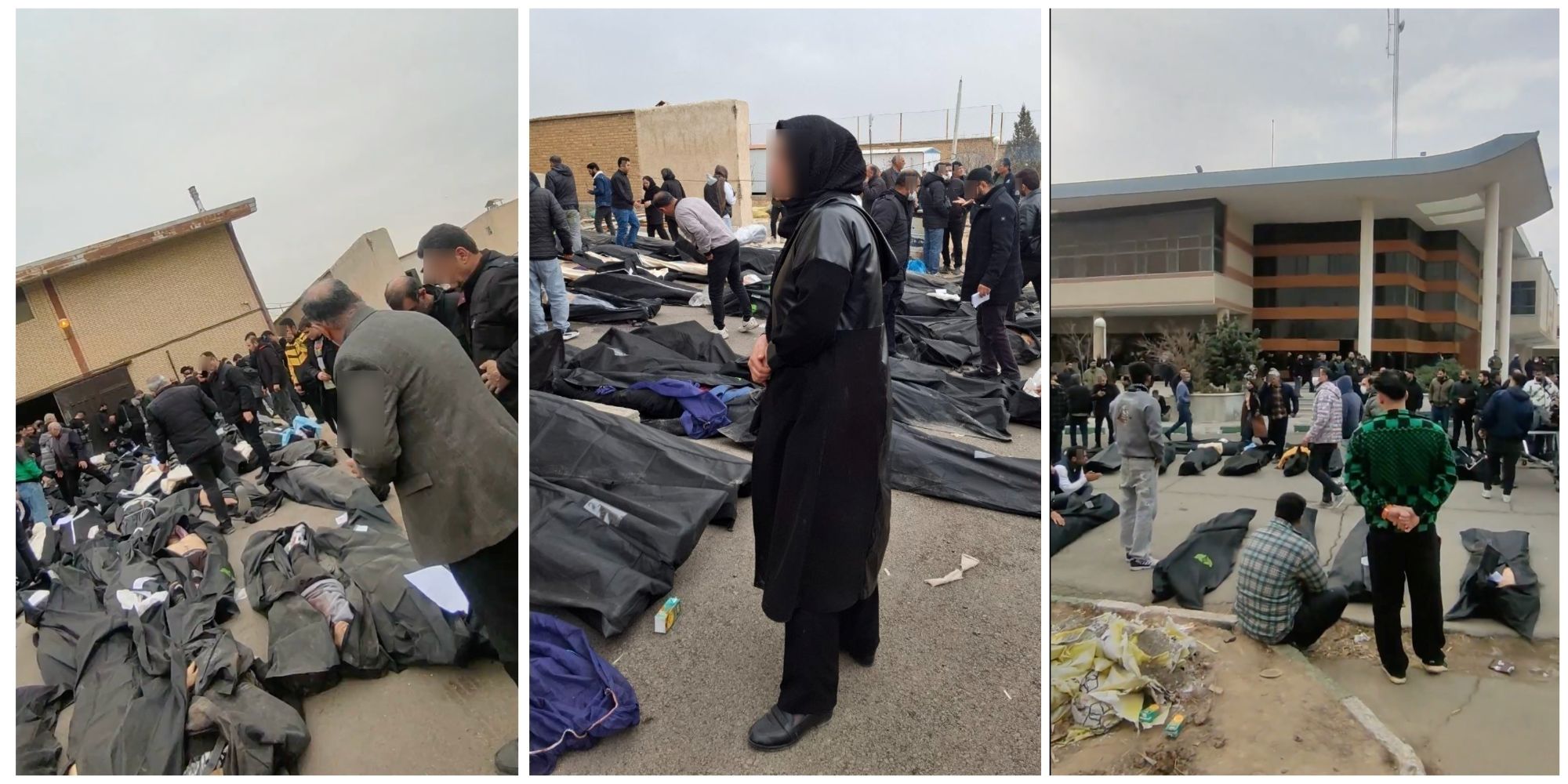By Tara L. Scurr, Campaigner – Business and Human Rights
Today, AI Canada’s Business and Human Rights research team arrived in the jaw-droppingly beautiful village of Likely, in the centre of the province of British Columbia. On August 4, 2014, Likely was the scene of one of the largest tailings pond breaches in Canadian history when the Mount Polley copper mine tailings dam burst, sending 25 million cubic metres of water and mine waste rushing into local creeks and lakes. Tiny creek beds were scoured, trees snapping like match sticks, as the waters rushed down from the dam into Polley Lake, Hazeltine Creek and Quesnel Lake, depositing tailings across the landscape as it went.
We’re here for the next few days to listen to people’s stories about what happened that day, how the company and the government of British Columbia responded to the disaster, and how, in the 11 months since, residents are getting on with their lives.
As we left behind the traffic of Vancouver, the impossible heat of Lytton, and climbed in 3000 feet in elevation to Williams Lake, we wondered what kind of reaction our research team would receive from people in the area. The Mount Polley spill was a major event here, making international news. Over the intervening 11 months, dozens of researchers, reporters, government workers, and scientists have convened on the Cariboo region to interview, photograph, test, analyze, question and reassure. There is a certain amount of interview fatigue here. But there is also curiosity about why Amnesty International is interested in this story and sent a research team to investigate.
After our first full day of meetings with various groups, a rich and complicated picture is starting to emerge of disbelief and trauma over the breach; fear for the future of the salmon, water and peoples’ health; resilience and ingenuity among affected communities; and hope that the environment will heal, lessons will have been learned, and that regulation and oversight of mining operations will be strengthened in this province.
In the days ahead, we will speak to many more people whose stories will help us determine how the three pillars of corporate accountability – State duty to protect rights, company responsibility to respect rights, and the right to remedy for harms – have stood up under the weight of the Mount Polley tailings pond breach and what more needs to be done.
This last point seems particularly pressing. After a 30 day public comment period, this month Mount Polley was given permission by the Province to re-start operations at the mine. Tonight we are hosting a town hall meeting in Likely to share more information with communities about why we are investigating the breach and to invite them to share with us their thoughts and feelings about their experiences, news of the mine re-opening and hopes for the future.
Follow our research mission updates on Twitter: @AICanadaBHR






















